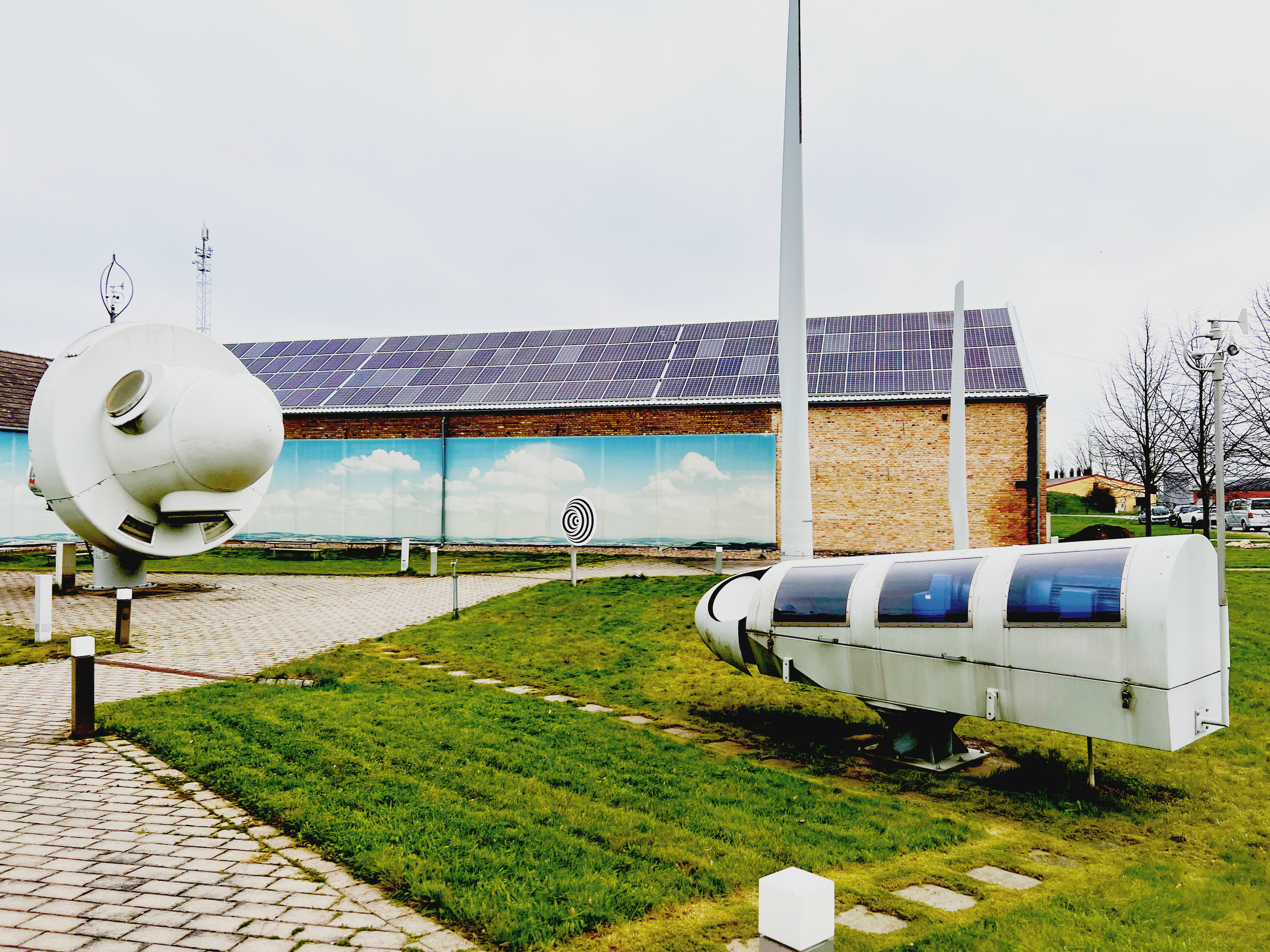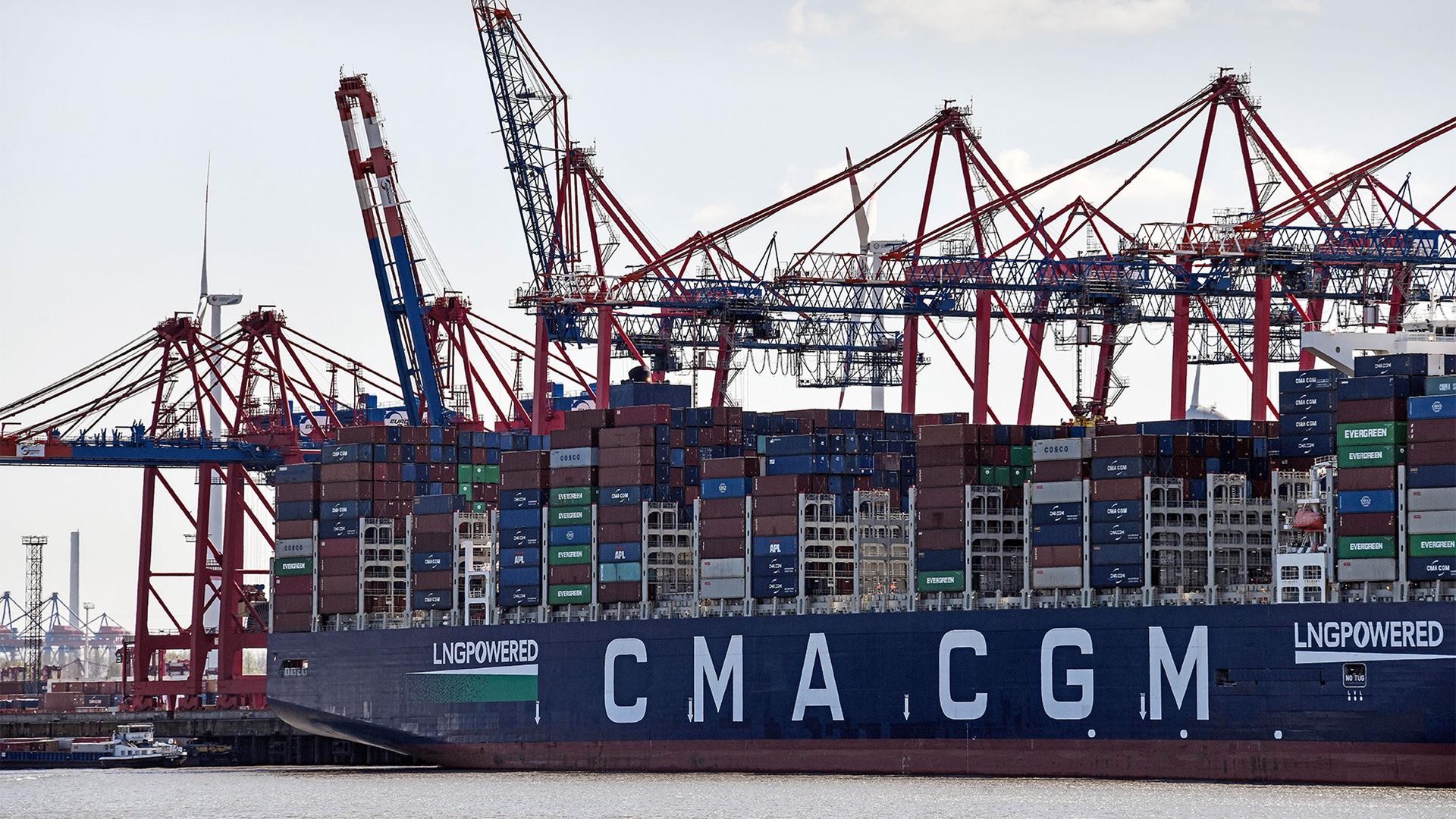Germany
War in Ukraine speeding up Germany’s transition to renewables
Russia’s full-scale invasion of Ukraine last year upended energy markets throughout Europe. No country was hit harder than Germany. At the time, more than half of Germany’s gas came from Russia. In the short term, the country had to double down on fossil fuels: keeping coal-fired power plants open longer and building new liquefied natural gas terminals. But in the long term, the war pushed a government falling behind on renewable energy goals to enact some ambitious new policies.
We want to hear your feedback so we can keep improving our website, theworld.org. Please fill out this quick survey and let us know your thoughts (your answers will be anonymous). Thanks for your time!
Former US Secretary of State Colin Powell dies at 84
Former US Secretary of State Colin Powell, who served under Democratic and Republican administrations, has died at the age of 84. Also, The Venezuelan government has halted negotiations with the opposition in Mexico City after businessman Alex Saab was extradited to the US. And, Haitian authorities and US officials are working to secure the release of 17 people from the missionary group Christian Aid Ministries who have been abducted by a powerful gang.
Moderna to build manufacturing plant in Africa
Moderna announces plans to build a manufacturing plant in Africa, capable of producing up to 500 million doses of mRNA vaccines per year. Also, Germany and Denmark repatriate women and children from the Roj prison camp in northeastern Syria that’s held suspected ISIS members. And Tanzanian novelist Abdulrazak Gurnah is awarded the Nobel Prize for Literature.
Sex workers in Europe struggle to survive as clubs slowly reopen
As sex clubs reopen across Europe, sex workers worry about their earnings and also whether they can stay safe. Niki Adams, a spokesperson with English Collective of Prostitutes, says the pandemic and lack of state support shows how far the industry still has to go to gain legal recognition.
Subscribe to The World’s Latest Edition podcast for free using your favorite podcast player:


